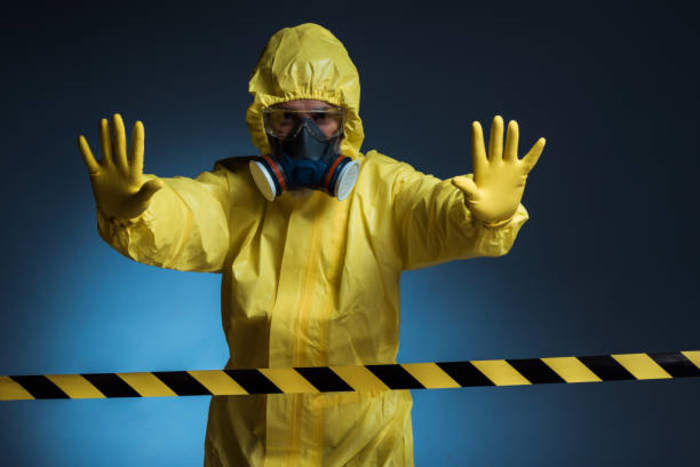
When we think of the phrase “hazmat”, we tend to automatically think of superheroes infected by hazmat materials that have given them superpowers, or other individuals in comic books, film, and television. However, believe it or not, hazmat is actually a part of day-to-day life and operation for many business owners out there. Here is everything that you need to know on the subject!
What Is Hazmat?
Put simply, “hazmat” is short for “hazardous materials”. Now, there are various materials that can fall under this category, but generally speaking, something is considered a hazmat if it poses a reasonable risk to health and safety in regards to people, property, or the environment. They can take the form of a liquid, solid, or gas, and some hazmat materials emit a combination of all three states. They may also emit dangerous dust, fumes, mist, smoke, or vapors. Common hazmat materials include:
- Toxic chemicals
- Toxic fuels
- Nuclear waste
- Biological, chemical, and radioactive agents
Selling Potentially Hazardous Products
Now, there are various ways that you may find yourself dealing with hazmat materials or encountering hazmat materials as part of the process of running a small business. Perhaps the instance where you are most likely to deal with hazmat products as a small business owner is if your business actively sells hazmat products. In instances such as this, you probably know the basics. However, you may struggle to find a safe way of storing and shipping your hazmat products. Find a reliable manufacturer who specializes in the creation of hazmat containers. This will ensure that any items you sell or ship are safely stored.
Using Potentially Hazardous Items
If you don’t sell potentially hazardous products, you probably think that there’s no need to read on, as you are extremely unlikely to be exposed to potentially hazardous materials. However, this is not the case. There are various instances where you may find yourself implicit in using potentially hazardous elements, whether through your manufacturing process or in simple cleaning products used within your commercial properties. Therefore, it is equally important that you familiarize yourself with the correct protocol when it comes to dealing with these substances. Always read product packaging and labels. Understand what different symbols mean and always follow instructions.
Disposing of Hazmat Materials
Unlike most other waste in the world, you really cannot just put hazmat materials in the bin or in the recycling when you are done with them. This could be dangerous and could result in incorrect disposable that can affect the environment. Instead, contact local authorities to receive advice on how to safely (and legally) dispose of any hazmat materials that you no longer need.
I hope that this has helped to give you a basic understanding in regards to all things hazmat! Keep the above information in mind at all times, and if you are ever in doubt or need a hazmat question answered, contact the authorities who will be able to ensure you receive the best and most up to date advice!